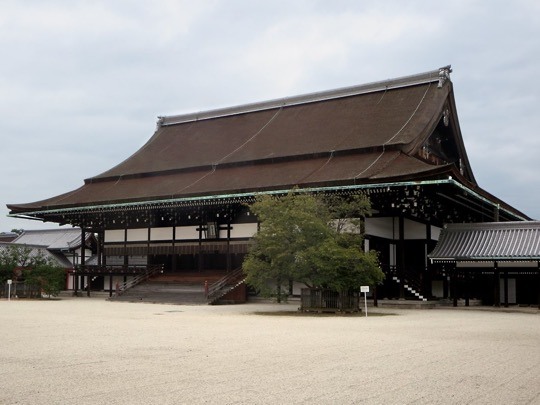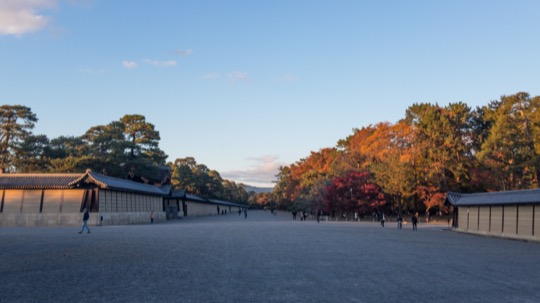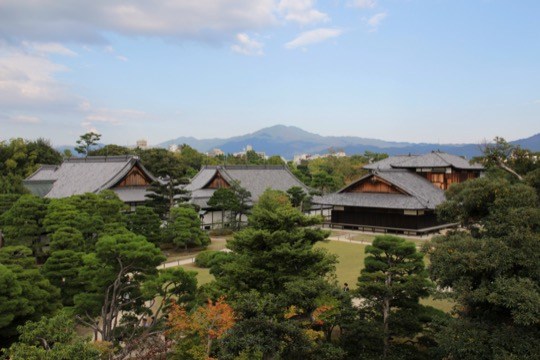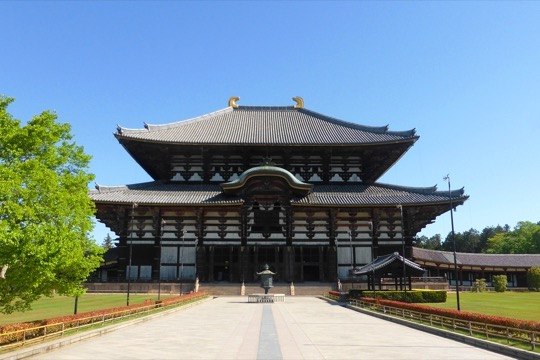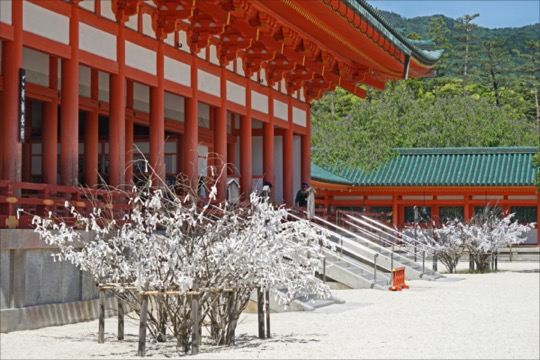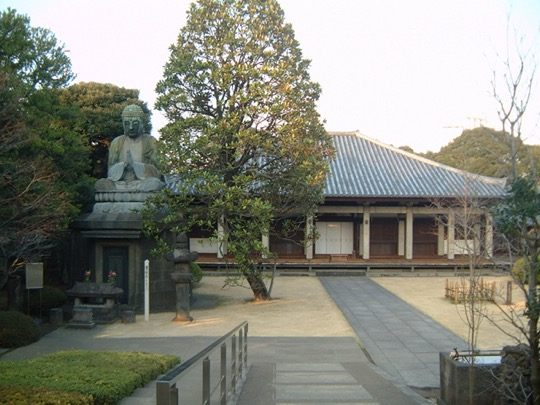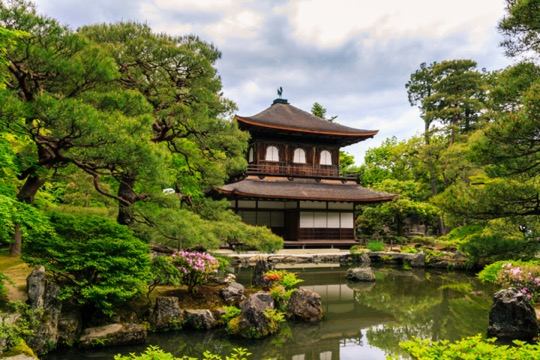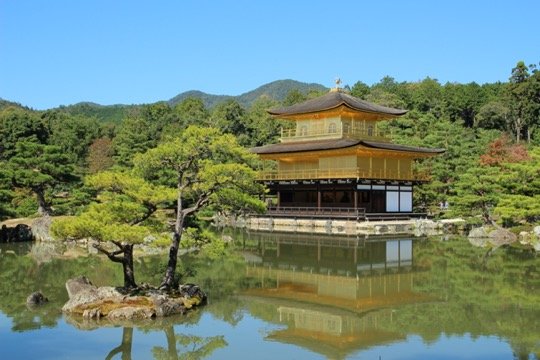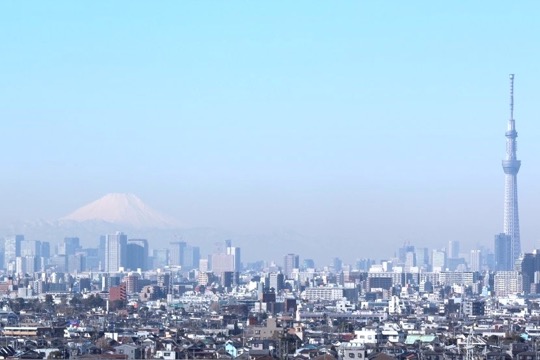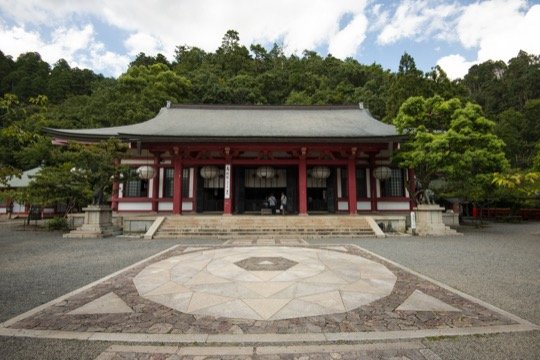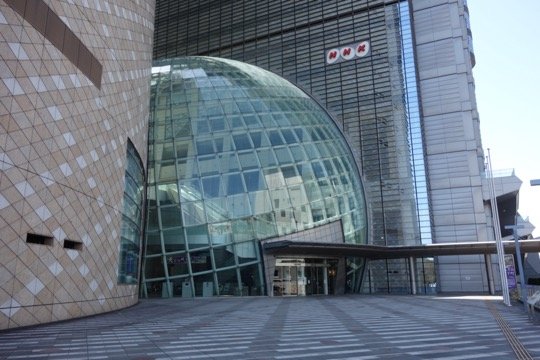Kaninnomiya Mansion
Former princely residence showcasing Edo-period aristocratic culture

On This Page
Kan’in-no-miya Mansion in Kyoto Imperial Park is a historic site that offers a look into the lives of Japanese court nobles and their residences. It represents the aristocratic culture of Japan during the Edo period.
The mansion, now the Kan’in-no-miya Residence Museum, was home to the Kan’in-no-miya family, one of the four hereditary princely houses of Japan from the Edo period. The family descends from Prince Naohito, the sixth son of Emperor Higashiyama, and nephew of Emperor Nakamikado. Prince Naohito was granted the title of Kan’in-no-miya and 1,000 koku by Retired Emperor Reigen.
Prince Sukehito, the second head of the family and father of Emperor Kōkaku, was a renowned waka poet. The family’s history reflects the relationship dynamics between the imperial court and the shogunate, especially when Emperor Kōkaku sought to confer the title of Retired Emperor on Prince Sukehito.
Uniquely, the Kan’in-no-miya family held lands in Settsu Province. By the end of the Edo period, their holdings included over 1,000 koku across several villages. Members of the family such as Prince Kotohito, who served as Chief of the Imperial Japanese Army General Staff, underscore its historical prominence.
The Kan’in-no-miya Residence Museum is the only entirely preserved noble family mansion from the Edo period within Kyoto Imperial Park, managed by the Ministry of the Environment’s Kyoto Imperial Palace Park Office. The museum preserves the mansion’s features, including the polished zelkova wood floorboards, called “floor-midori,” and parts of the original garden, although some areas are not yet fully restored.
Prince Haruhito, the last head of the Kan’in-no-miya family, adopted the surname Kan’in after losing imperial status following World War II. With his death without heirs, the family line ended.
Visitors to the museum can appreciate the architecture and learn about the nobility’s lifestyle during the Edo period. The adjacent Kyoto Imperial Park, which also includes the Katsura-no-miya Residence, provides further insights into the imperial heritage of the region.
Planning Your Japan Trip?
Is a JR Pass Worth It For Your Route?
Honest Answer in 60 Seconds
A JR Pass doesn't always save you money (and for many routes, it's just extra hassle). Our free calculator works out the real numbers for your planned route, so you can decide for yourself.
Getting There the easiest way to reach Kaninnomiya Mansion
Around Kaninnomiya Mansion
Nearby in Kyoto the best attractions close to Kaninnomiya Mansion
Kyoto Imperial Palace
Home to emperors and a focal point of Japanese architecture
Nijo Castle
Imposing legacy of the Tokugawa Shoguns, featuring lavish interiors and historic gardens
